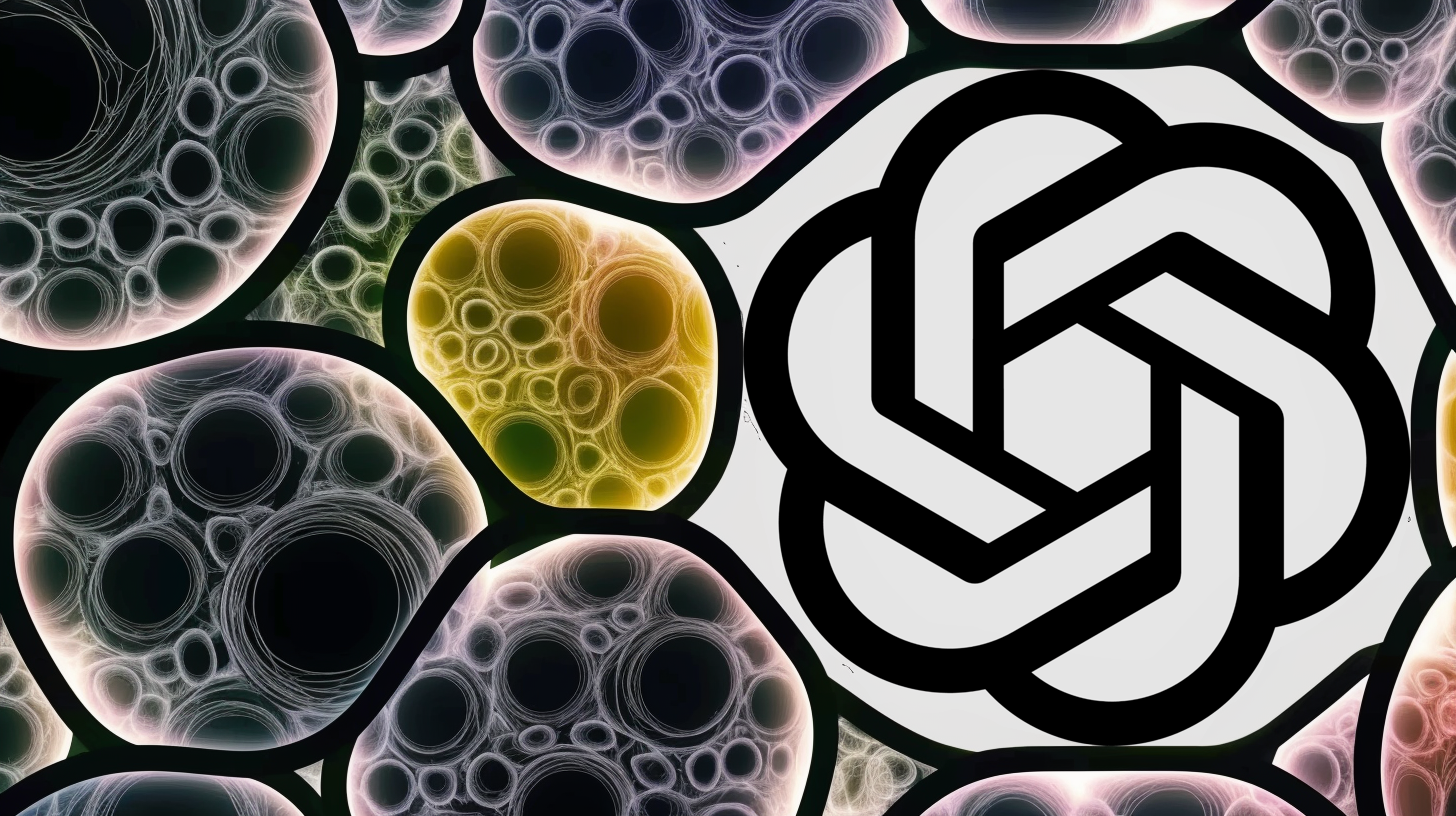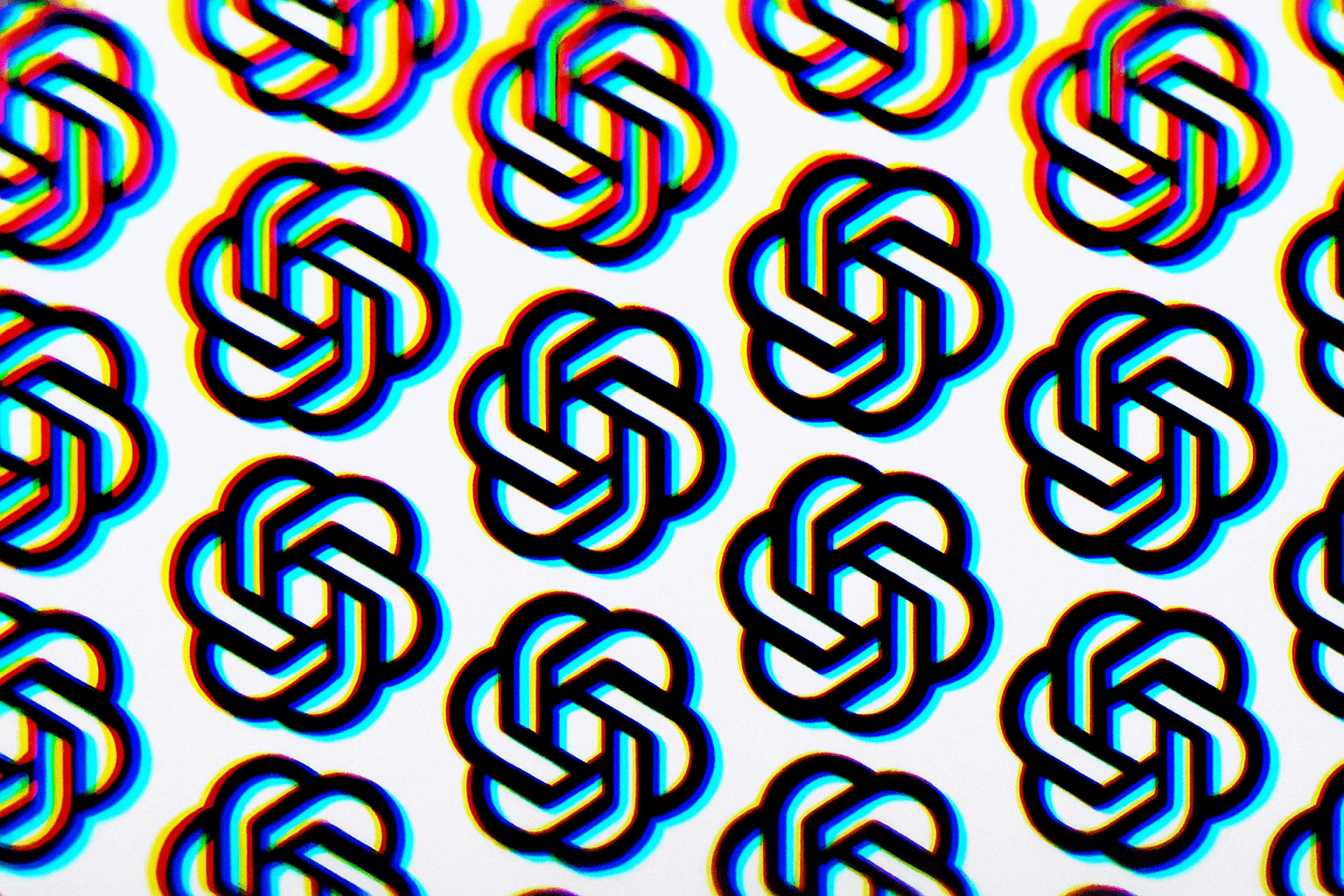ARTICLE AD BOX
Google is rolling out an updated image model called Nano Banana Pro, also known as Gemini 3 Pro Image.
It replaces the Gemini 2.5 Flash Image model from August and is built to handle complex scenes with consistent physics, render text accurately, and use real-time information as input. It also appears to be one of the first models that can generate infographic drafts that actually make sense.
The model can take up to 14 inputs at once, including reference images, sketches, or logos. It can keep up to five characters consistent and generate images at up to 4K resolution. Users can also adjust specific areas of an image, such as brightness, focus, or color.
The model is available as a paid preview through the Gemini API, Google AI Studio, and Vertex AI. In the Gemini app, consumer access is limited, with a small free quota and more usage for Pro and Ultra subscribers.
Ad
THE DECODER Newsletter
The most important AI news straight to your inbox.
✓ Weekly
✓ Free
✓ Cancel at any time
Google's new image model checks physics before it renders
Unlike standard diffusion models, Gemini 3 Pro performs a reasoning step before it renders anything. According to Google's technical description, the model reviews the inputs and checks physical and logical details such as lighting, shadow gradients, camera angle, and depth of field. Google says this leads to more realistic results, especially for architecture, product mockups, or scenes with multiple light sources.
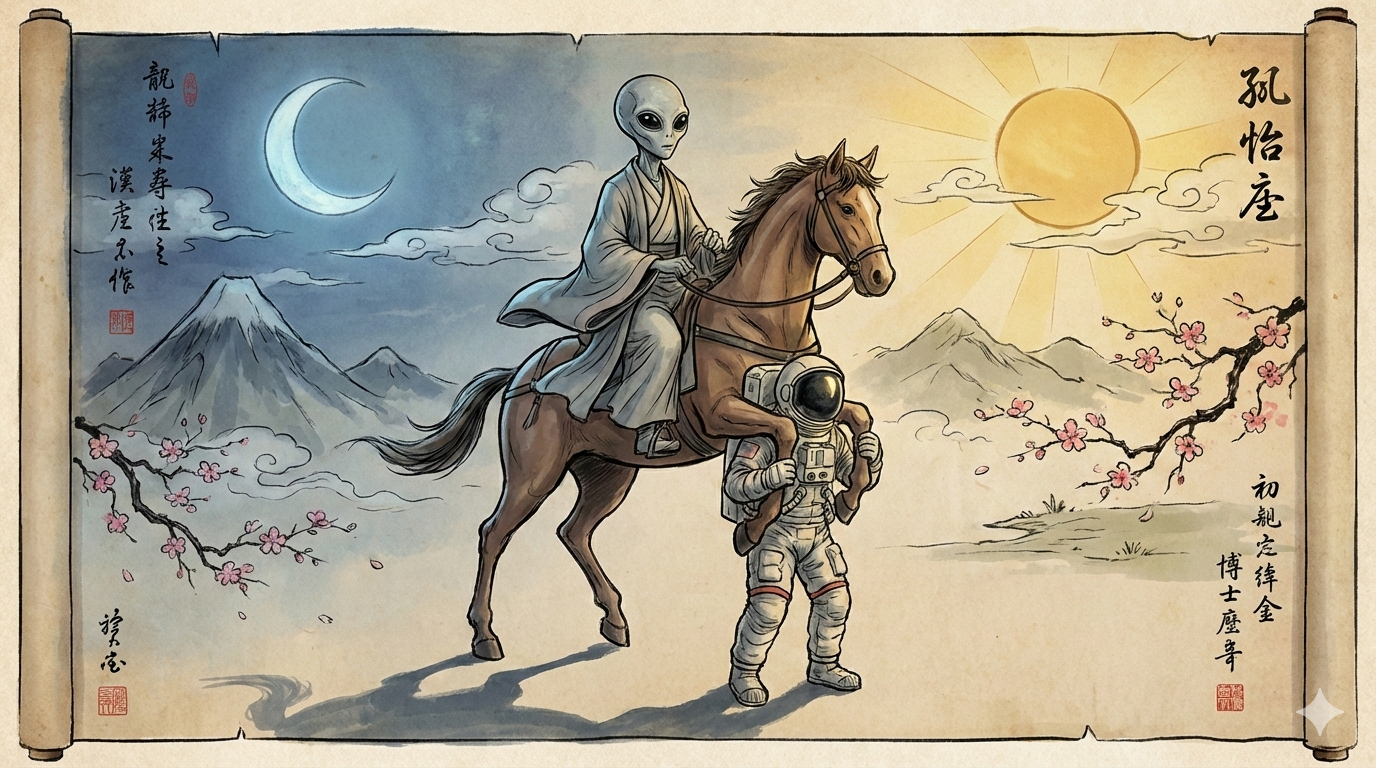 A realistic depiction of a grey alien riding a horse, which in turn is riding on the shoulders of an astronaut. The alien, horse, and astronaut have correct and realistic proportions relative to each other. The scene is set in an oriental art style, with a moon on the left side of the composition and a sun on the right. The lighting reflects the duality of moonlight and sunlight. The overall aspect ratio is 16:9. | Image: Nano Banana Pro prompted by THE DECODER
A realistic depiction of a grey alien riding a horse, which in turn is riding on the shoulders of an astronaut. The alien, horse, and astronaut have correct and realistic proportions relative to each other. The scene is set in an oriental art style, with a moon on the left side of the composition and a sun on the right. The lighting reflects the duality of moonlight and sunlight. The overall aspect ratio is 16:9. | Image: Nano Banana Pro prompted by THE DECODER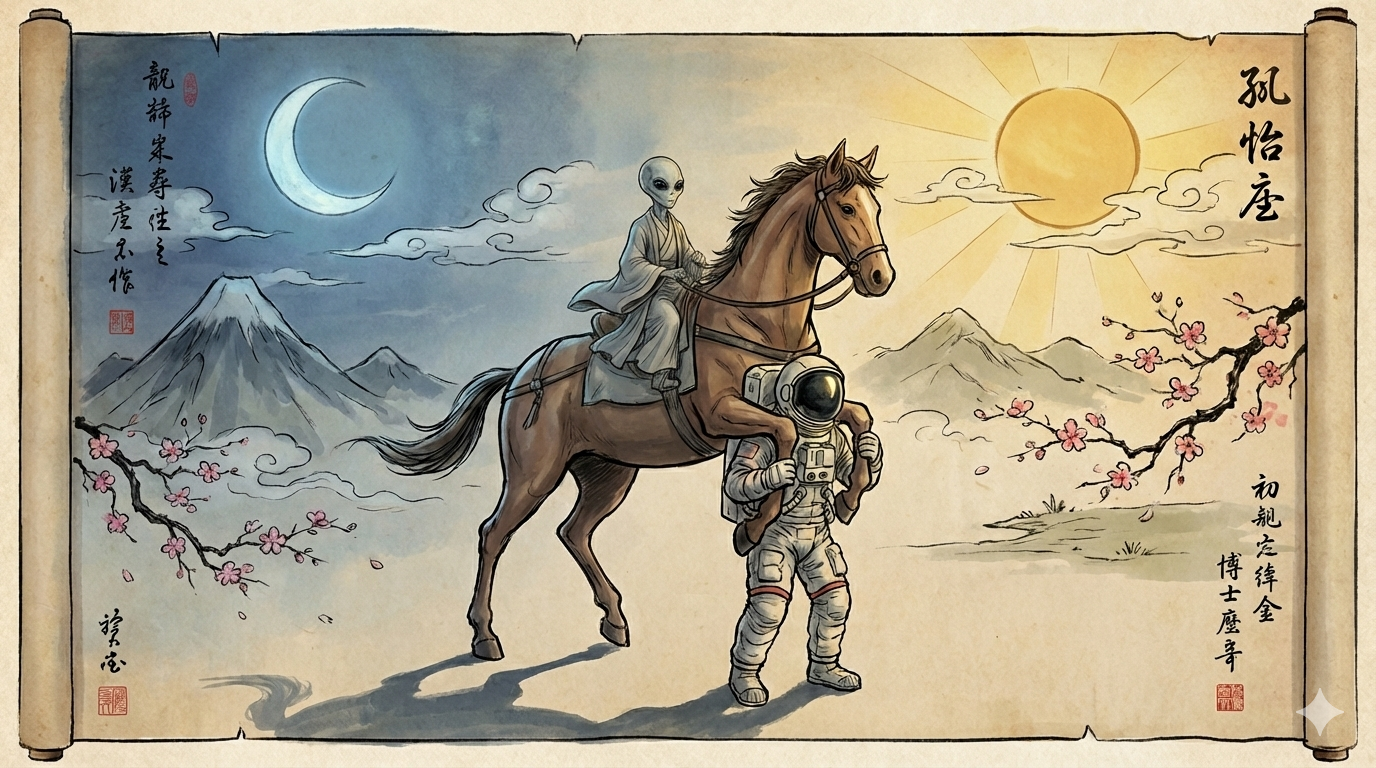 "The alien should be smaller." | Image: Nano Banana Pro prompted by THE DECODER
"The alien should be smaller." | Image: Nano Banana Pro prompted by THE DECODERWith its "Grounding with Google Search" feature, the model can also reference live information. It can turn real-time data into images, creating things like current weather maps, infographics, or historically accurate scenes. It supports multimodal prompts and outputs that combine text and images. Token limits are 64,000 for inputs and 32,000 for outputs.
Gemini 3 Pro also brings major upgrades to text rendering. It’s designed to generate longer text passages that stay readable and accurate across languages, while preserving the visual style of posters, packaging, or similar layouts. Translations are context-aware and keep typography consistent.
The model supports multi-step editing, allowing users to refine images over several rounds. Google highlights examples like localized ad layouts and infographics, including a recipe for Elaichi Chai and my "Grey Alien" poster.
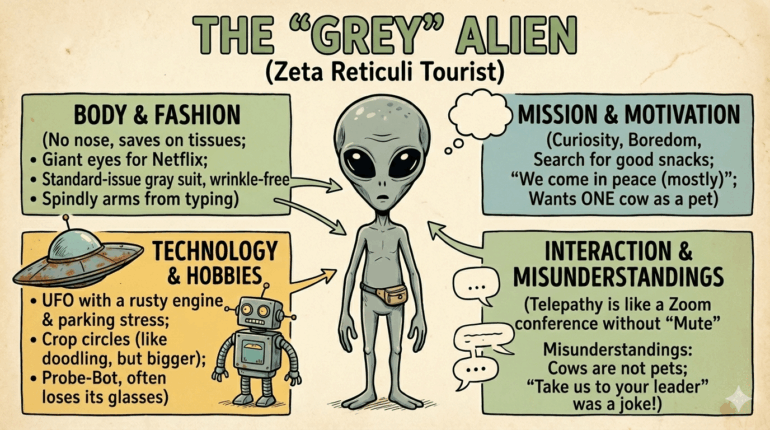 Prompt: "Generate a 16:9 infographic, humorous, about a 'Grey Alien'." | Image: Nano Banana Pro prompted by THE DECODER
Prompt: "Generate a 16:9 infographic, humorous, about a 'Grey Alien'." | Image: Nano Banana Pro prompted by THE DECODER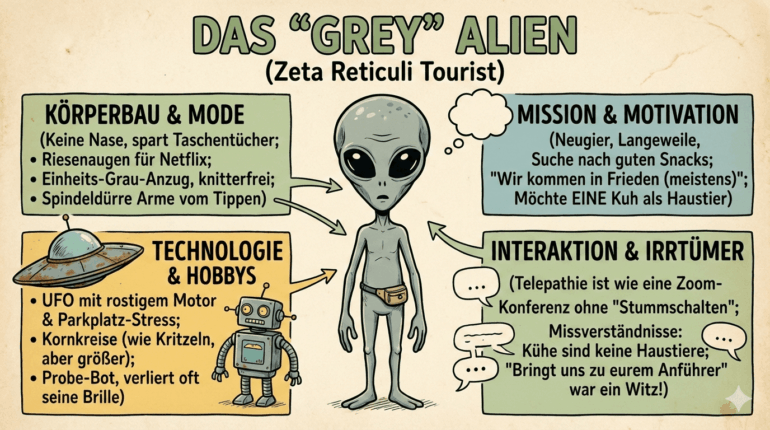 German translation of the same infographic. | Image: Nano Banana Pro prompted by THE DECODER
German translation of the same infographic. | Image: Nano Banana Pro prompted by THE DECODERGoogle has also integrated Gemini 3 Pro Image into its new developer platform Antigravity, allowing coding agents to generate UI mockups or visual assets. Image generation in Google Ads is rolling out globally in eight languages. Users with a Google AI Ultra subscription can also access the model in the Flow film production tool.
Recommendation
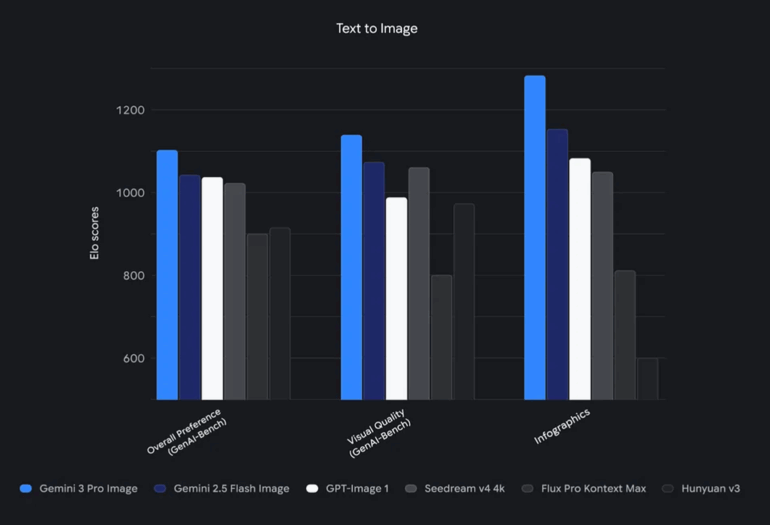 Bar chart showing Gemini 3 Pro Image scoring highest in Overall Preference, Visual Quality, and Infographics compared with Gemini 2.5 Flash Image, GPT-Image 1, Seeddream v4 4k, Flux Pro Kontext Max, and Hunyuan v3. | Image: Google
Bar chart showing Gemini 3 Pro Image scoring highest in Overall Preference, Visual Quality, and Infographics compared with Gemini 2.5 Flash Image, GPT-Image 1, Seeddream v4 4k, Flux Pro Kontext Max, and Hunyuan v3. | Image: GoogleAll images generated with Gemini 3 Pro include invisible SynthID tagging. Free and Pro users also receive a visible watermark, while only Ultra subscribers can generate watermark-free images. Google also offers an upload tool in Gemini that lets users verify an image's provenance.

 23 hours ago
1
23 hours ago
1


